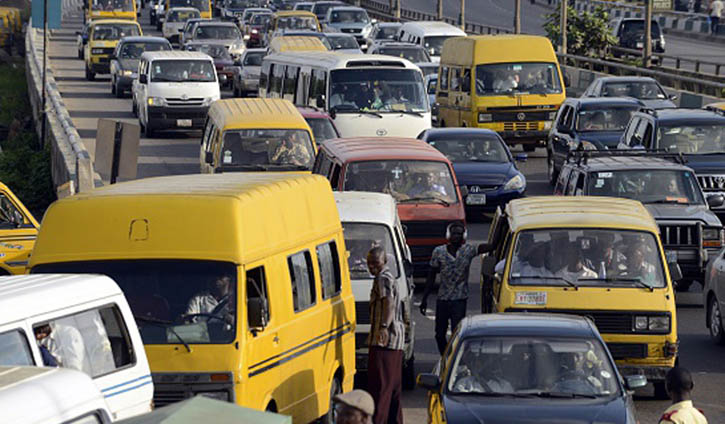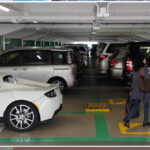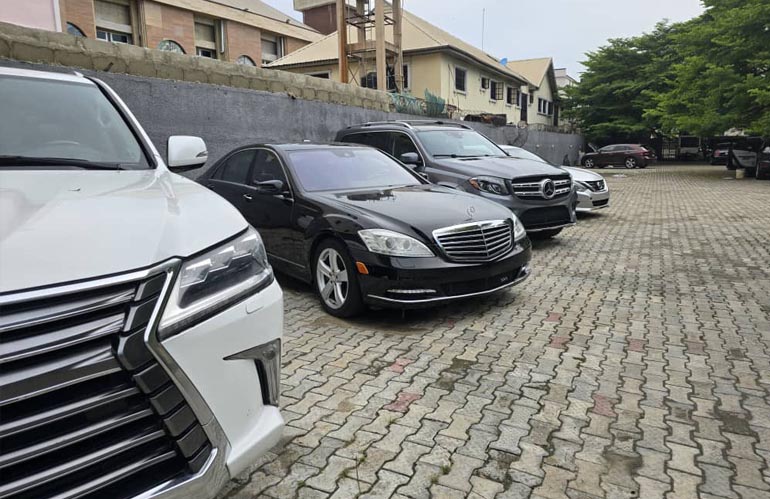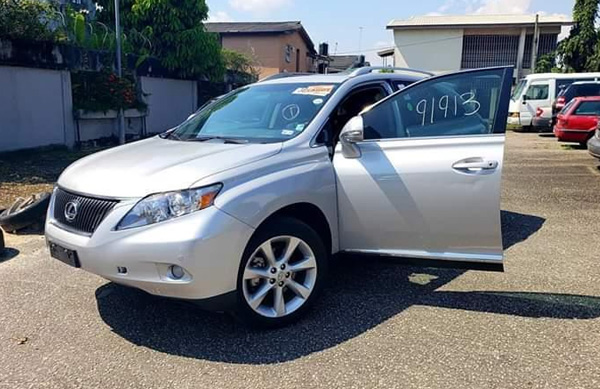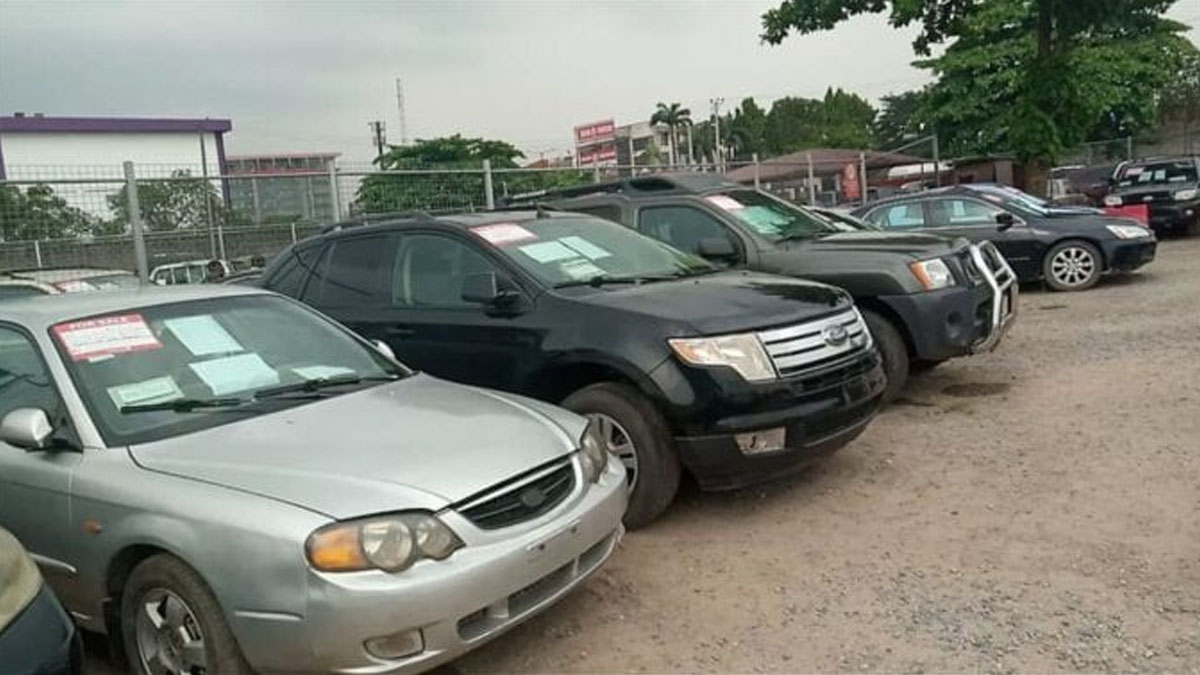Depending on the city/town you are staying in in Nigeria, this impacts the amount you’ll be spending on transportation. If you are staying in the South East and South-South parts of the country, transportation in these places is both cheap and affordable. When it comes to the west, this is the place where the cost of transportation varies depending on your city.
Table of Contents
For instance, if you live in Nigeria’s largest commercial hub—Lagos, chances are that you spend up to 25-50% of your monthly salary on transportation. What this means is that transportation cost in Nigeria isn’t static. In this article, we try to look into the average prices of different transportation means in Nigeria today. Keep reading to find out more.
Average Cost Of Bus Transportation In Nigeria in 2022
In Nigeria, the average price for a bus journey within the same city is 571 Naira (approximately $1.4) as of June 2022. Anambra state, located in the southeastern part of the country had the lowest local bus prices nationwide. The cheapest intercity journey in Nigeria costs between 1,200 Naira – 3,557 Naira(roughly $8.6).
Average Prices Of A Bus Journey Within The City In Nigeria 2022, By State
In Nigeria today, the average amount anyone would spend on a bus journey within a city is 570.64 Naira ($1.37), this is as of April 2022. What this means is that with the current fuel scarcity and inflation that grows day after day, the average cost will currently be around 650 Naira ($1.7).
Still, Anambra state is where you’ll find the lowest bus prices nationwide, which amounts for 432.14 Naira (about $1.04).
In Northern Nigeria, states like Zamfara, Taraba, and Bauchi all recorded the highest prices. In Zamfara, for instance, the price for the local bus was 822 Naira ($1.98), which is the most expensive you’ll find in Nigeria.
Average Prices For An Intercity Bus Journey In Nigeria In 2022, By State
For intercity transportation, the average price for an intercity bus journey in Nigeria was 3,557.15 Naira ($8.6), as of April 2022. States like Bayelsa and those in the South had the lowest bus price nationwide, which amounted to 2,233 Naira (about $5.4).
Where you will see the prices skyrocket is in states like Abuja(FCT), Adamawa, and Delta where they recorded the highest prices. For instance, in the Federal Capital Territory, the price for the local bus was 5,250 Naira ($12.6), making it the most expensive in Nigeria.
Means of Transportation In Nigeria
- Road transport in Nigeria
The primary means of transportation in Nigeria, roads convey more than 80% of all traffic in the country. Expressways connect the major cities and the southern seaports, and smaller arteries stretch from the densely-connected south to the less populated northern areas.
Rolled out in the 1970s and 1980s, the national road system has been under-maintained ever since and is now in such a state of dereliction it has become dangerous to use. As a consequence, traffic accidents are quite common, especially around the busy city of Lagos. Driving on Nigerian roads demands extreme caution.
Many inter-city buses (including the famous Molue yellow buses) run across the country, but more often than not the vehicles are not roadworthy and the drivers tend to be on the reckless side. This also applies to local city buses and shared minibuses.
As for private road transport, Nigerian cities offer numerous taxis, which are much safer. The same cannot be said of okadas (motorbike taxis), infamous for their breakneck driving style. In any case, you can either hail a taxi or okada from the street or order one by telephone (which prevents scams). Taxis can either be metered or require you to negotiate the fare with the driver.
- Rail transport in Nigeria
There is a dense railway network across Nigeria, and passenger trains circulate on several routes across the country, but the sluggish speed of trains and the poor quality of service have impeded railway transportation from truly taking off. Accordingly, trains in Nigeria offer more of a quaint adventure than an efficient way to travel from point A to point B.
Good to know:
Nigeria is currently at work rolling out a commuter train service around Lagos.
- Water transport in Nigeria
Historically the main transportation channels in Nigeria, waterways such as the Niger river still carry a significant amount of freight and also some passengers in the southern areas. This means of transportation, slow in itself, is further slackened by chronic congestion issues.
- Air transport in Nigeria
Given the size of Nigeria and the road system condition, flying is a preferred means of transportation for intercity travel.
All of the country’s large cities have their own airport or airfields and are served by domestic air routes. Additionally, Lagos (Murtala Muhammed International Airport), Abuja (Nnamdi Azikiwe International Airport) and Kano are serviced by foreign carriers operating on regional and international routes. However, Nigeria does not have a national flagship carrier yet, and many smaller local companies have a poor safety record.
Conclusion
Judging with these statistics, what this means is that the transportation system in Nigeria is gradually becoming expensive. With inflation and fuel scarcity being the leading factors, if nothing is done about this, before the year runs out, bus transportation will become almost unaffordable for many Nigerians.
Have 1 million naira and above to Buy or Sell Cars In Nigeria? Check carlots.ng
All rights reserved. Reproduction, publication, broadcasting, rewriting, or redistribution of this material and other digital content on carmart.ng is strictly prohibited without prior express written permission from Carmart Nigeria - Contact: [email protected]

